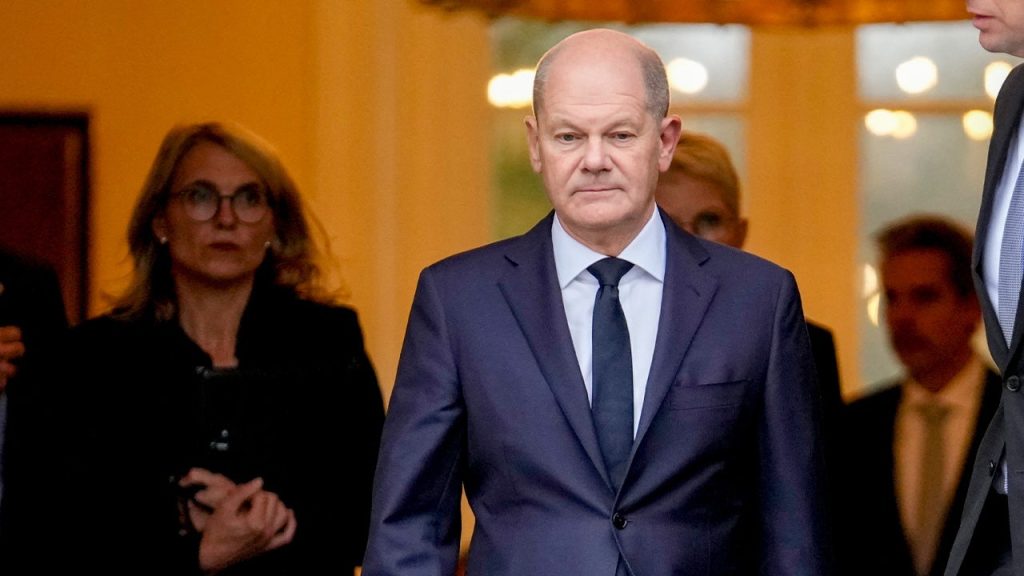German Chancellor Olaf Scholz recently fired Finance Minister Christian Lindner due to his uncooperative behavior in attempts to repair the economy. The move sparked demands for immediate elections from the opposition leader Friedrich Merz of the center-right Christian Democrats. However, Scholz has indicated that he will lead the country with a minority government until early next year, when a vote of confidence is scheduled to take place on January 15. The Chancellor stressed that he will not push the vote forward any sooner, allowing citizens to decide the country’s future.
The disagreements over economic policy arose as the coalition government, which has been in power since 2021 after Angela Merkel’s tenure, seeks to address a billion-euro shortfall in Germany’s 2025 budget. Scholz hopes to collaborate with his coalition government, involving his Social Democrats party and the Greens party, along with members of Merz’s center-right party to pass legislation to address the budget gaps. However, critics, including Merz, have expressed concerns about having a government without a majority for an extended period and the potential delays in holding elections and conducting coalition negotiations.
With Scholz’s party no longer holding the majority, he is expected to lose the upcoming confidence vote, resulting in Germany’s president potentially dissolving parliament within 21 days, leading to an early election as early as January. Merz has stated his willingness to work cooperatively with the minority government during this period and take responsibility for the country. The outcome of the upcoming vote and subsequent developments will determine the political landscape in Germany in the coming months as the country navigates through a period of transition and uncertainty.
The firing of Lindner and the subsequent political developments in Germany have raised questions about the stability of the coalition government and the future direction of the country. Scholz’s decision to lead with a minority government until early next year reflects his determination to navigate through the challenges and uncertainties facing Germany. The upcoming confidence vote and the potential for early elections have added to the political tensions within the country, with various parties and leaders positioning themselves for the changing political landscape.
The economic policy disagreements and the subsequent government reshuffle have highlighted the complexities and challenges of governing in Germany’s current political climate. The need to address budget shortfalls and stimulate economic growth while managing political differences and ensuring stability has become a central concern for Scholz and other political leaders in the country. The outcome of the upcoming vote and the subsequent political developments will shape Germany’s political landscape and determine the course of action in the coming months as the country faces significant challenges and uncertainties.
Overall, the events unfolding in Germany, including the firing of the finance minister, the upcoming confidence vote, and the potential for early elections, underscore the political turbulence and uncertainty facing the country. Scholz’s decision to lead with a minority government and seek a mandate in early 2024 reflects a strategy to address the challenges and navigate through the political landscape. The outcome of the upcoming vote and the subsequent developments will shape the future direction of Germany’s governance and politics, setting the stage for a period of transition and change in the country’s leadership and policies.













